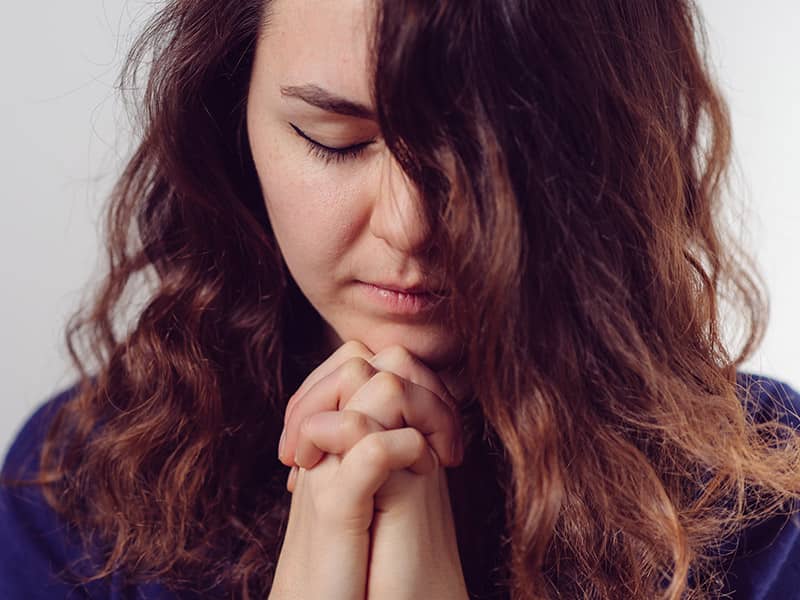In the wake of her death, Friedman fans everywhere are celebrating her life and the contributions she has made to faith.
Friedman was born in Utica, New York, but raised in Minnesota. Her legacy is rooted in her introduction of rock and pop sounds to religious communities that have long focused on elegant cantorials that didn't always resonate with younger generations. After three decades of performance, Friedman released 20 albums, performed in sold out concerts around the globe, and become an institution in synagogues throughout the world.
While she certainly established herself as a successful songwriter and performer, her real contribution was spiritual. Mere hours after her death, testimonials sprung up across the web singing the praises of her work from a personal perspective. Whether it was through her music or her genuine, caring spirit, Friedman moved people in ways not even she comprehended.
of the Temple Israel of New Rochelle in New York reflected upon her presence, saying, "I first met Debbie at the second Hava Nashira conference — a song leading workshop in Oconomowoc, Wisconsin. Until then, I only knew her through her music and had no preconceived notions about who she was. Her humor was always very dry, cutting. But she was direct and warm. Who you saw was who you got. No pretense, just a very present and strong person... she seemed to want to always grow as an artist and a Jew, never complacent.”
Even as religious leaders mourn her passing, practitioners remember her influence on their spiritual journey in comments on many of these articles. Olivia Cohen-Cutler commented on , stating, “Debbie’s music and spirit changed my life as a Jew, a woman and a human being. Her songs and reach will be her enduring legacy…what a loss to the world that she is gone. May her memory and her joy of life be a blessing.”
Comments like this remind us of something very important: prayer doesn't take one form. For women like Friedman and her fans, music is a form of spiritual self-expression that deepens the connection with God. It is praise, solace, and strength. Songs become a form of prayer, teaching us that prayer is dynamic, and sharing prayers can make a major impact. Friedman began her spiritual songwriting not to make money or gain status, but for herself. Her willingness to share these musical prayers changed the way people worship. This is the power of prayer.
As we mourn the loss of the most influential Jewish and spiritual songwriters of all time, there is a lesson to be learned. Community in prayer has the ability to move mountains. We thank Debbie Friedman for demonstrating this power, and offer up our prayers to her family and friends during this difficult time.
To learn more about Debbie Friedman, visit her website at
Interested in writing something like this for Prayables? Click !

